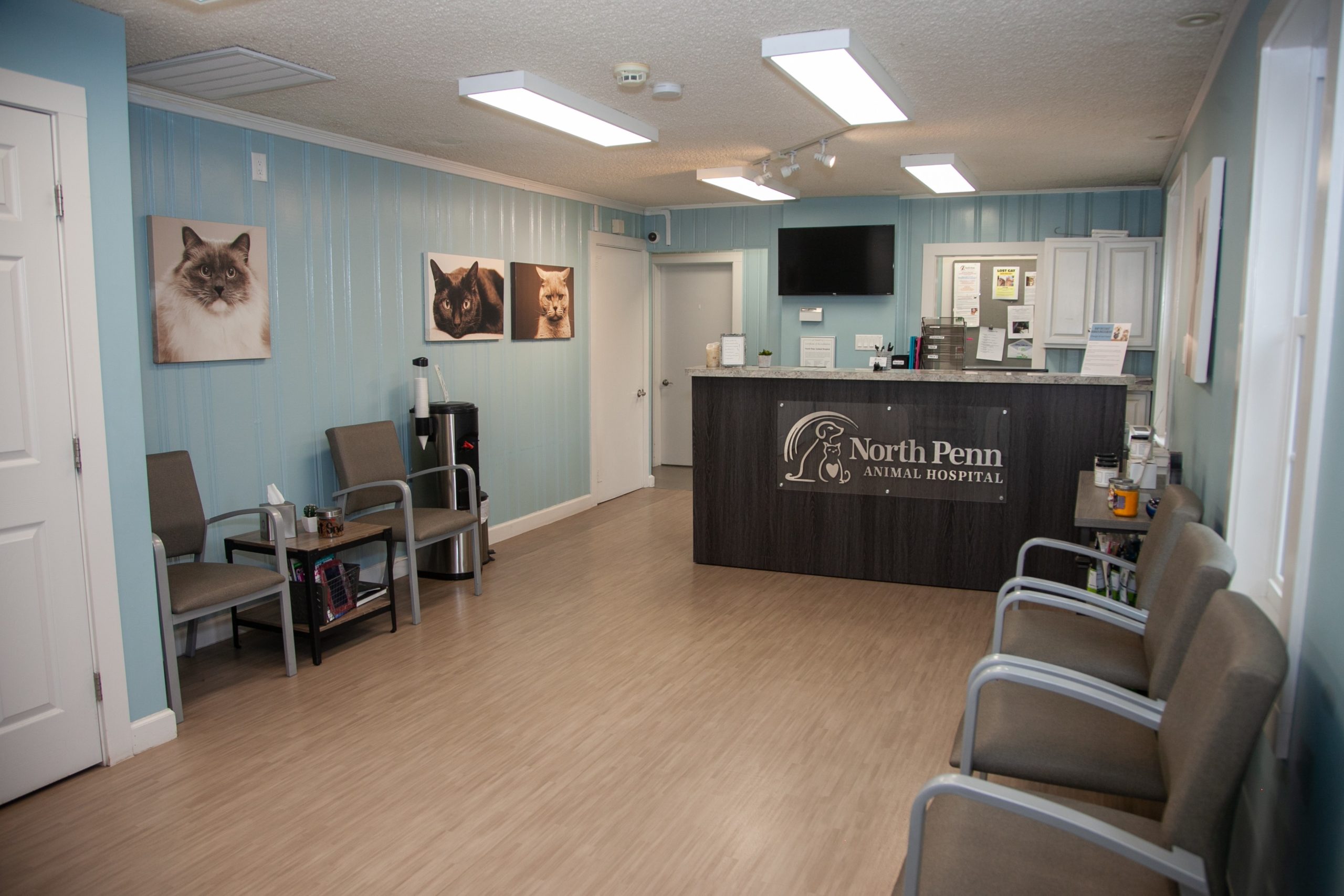Cat Care
Feline Wellness
Common Myths About Cat Health
- Feline health problems come from outside and don’t affect indoor cats
- Cats are naturally healthier and more problem-free than dogs
- Cats will display visible signs of illness as dogs do
The Truth About Cat Care
The truth is, that cats need regular veterinary care, including annual exams and vaccinations, just like dogs do. Because cats are naturally adept at hiding signs of illness, annual exams are especially important for early diagnosis of health problems.
We want to make your cat’s visit to our hospital as stress-free as possible for both of you! As well as offering “Cat Only” areas, we also spray Feliway pheromones on a towel that we drape over your cat’s carrier. The “happy” pheromones along with the darker interior will have a soothing effect. Read about Feliway and its many uses here.

What does Cat Friendly mean?
- No friendly dogs nosing your cat’s carrier
- Less noise (and no barking)
- Less stressful visit for your feline
With a separate waiting room, exam rooms, and treatment room for our feline patients. Our cat-friendly areas are calming from the soothing colors to the beautiful music playing throughout.
What To Expect At A Wellness Visit
- Parasite Screenings: Fecal screening, deworming
- Vaccinations: Rabies, Panleukopenia (Distemper), Feline Leukemia Virus (FeLV), Feline Immunodeficiency Virus (FIV)
- Bloodwork: Baseline bloodwork, Feline Leukemia & Feline Immunodeficiency Virus test
Most kittens have roundworms, which are intestinal worms that can cause coughing, weight loss, and a potbellied appearance in cats (although they may not cause any symptoms). Kittens need to be treated for roundworms to help rid them of the infection and prevent you and the rest of your family from becoming infected. Roundworms are zoonotic parasites that can be transmitted from pets to people. By ensuring that your kitten is treated correctly, you can keep your entire family safe.
We are an AAFP Cat Friendly Practice® “The American Association of Feline Practitioners (AAFP) supports its members in improving the health and welfare of cats through high standards of practice, continuing education, and evidence-based medicine.”


